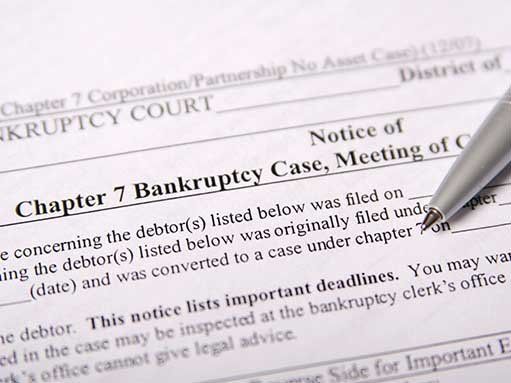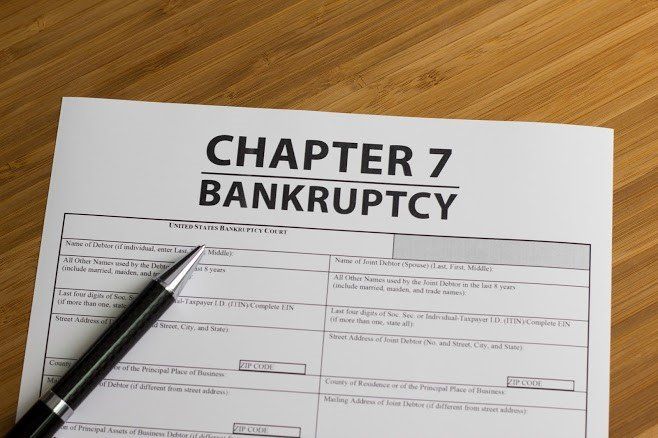What Are Your Options for Tax Debt?

Just about everyone pays taxes. They help pay for state and federal programs, schools, and much more. However, taxes can also be expensive, causing some people to fall behind. If this happens, you can be in real trouble with the IRS. If you would like to learn more, check out these four options for tax debt.
Payment Plan If you want to repay all your past taxes, but you can't afford to pay them at once, the IRS may be willing to set up a payment plan. Depending on your situation and how much back taxes you owe, you may need a short-term or long-term payment plan. Short-term payment plans must be paid in full within 120 days, and have no fee to set up.
Long-term payment plans give you longer time to repay but do have fees involved. If you agree to Direct Debit automatic payments, you'll pay $31 to apply online or $107 to apply via phone, mail, or in-person. If you do not sign up for automatic payments, your fee is $149 for an online application and $225 if you apply by phone, mail, or in-person. For both options, the fees may be waived or reduced if you are considered low-income.
Compromise An offer in compromise allows you to repay some of the debt instead of the full amount. Strict regulations determine whether you qualify for an offer in compromise. One way to do this is by proving there is doubt about the IRS correctly determining how much you owe. You may also qualify if you can prove there is doubt that you can pay the debt because your assets and income are too low.
Finally, you can also qualify for an offer in compromise if you can prove that repaying the debt in full will cause undue economic hardship. Many debt relief companies may try and convince you they can get anyone an offer in compromise if you pay them money. Instead, stick with a reputable attorney if you believe you qualify.
Currently Not Collectible If you want to repay your taxes, but you simply can't right now because of your financial situation, you may qualify for currently not collectible status (CNC). CNC status gives you a break to get into a better financial situation before you start repaying your taxes. For example, perhaps you just lost your job but you're looking for a new one. The IRS may postpone your tax debt until you find a new job and are financially stable again.
The IRS will need to see all your assets and income before granting or denying CNC status. This includes savings, assets, and income. The IRS will also want to see your monthly living expenses to verify you can't pay your taxes without financial hardship.
Bankruptcy If you don't believe you will ever be able to repay your taxes, bankruptcy may be the right choice. Chapter 7 bankruptcy may fully wipe out the debt but can be hard to qualify for. In most cases, individuals choose Chapter 13 bankruptcy, which includes a repayment plan to repay some of your debt.
You will need to make sure you've filed all your tax returns within four years of the bankruptcy filing or you won't qualify. While you're in bankruptcy, you must continue to file and pay new taxes. Failure to do so can negatively impact your bankruptcy case, and it may even be dismissed, making you responsible for the debt once more.
Taxes are important, but they shouldn't financially devastate you. If you are behind on your taxes, start making a plan. Bankruptcy is one common plan, and it can be just what you need to get out of debt. For more information,
contact us at the Law Offices of John A. Foscato, SC, today.

















